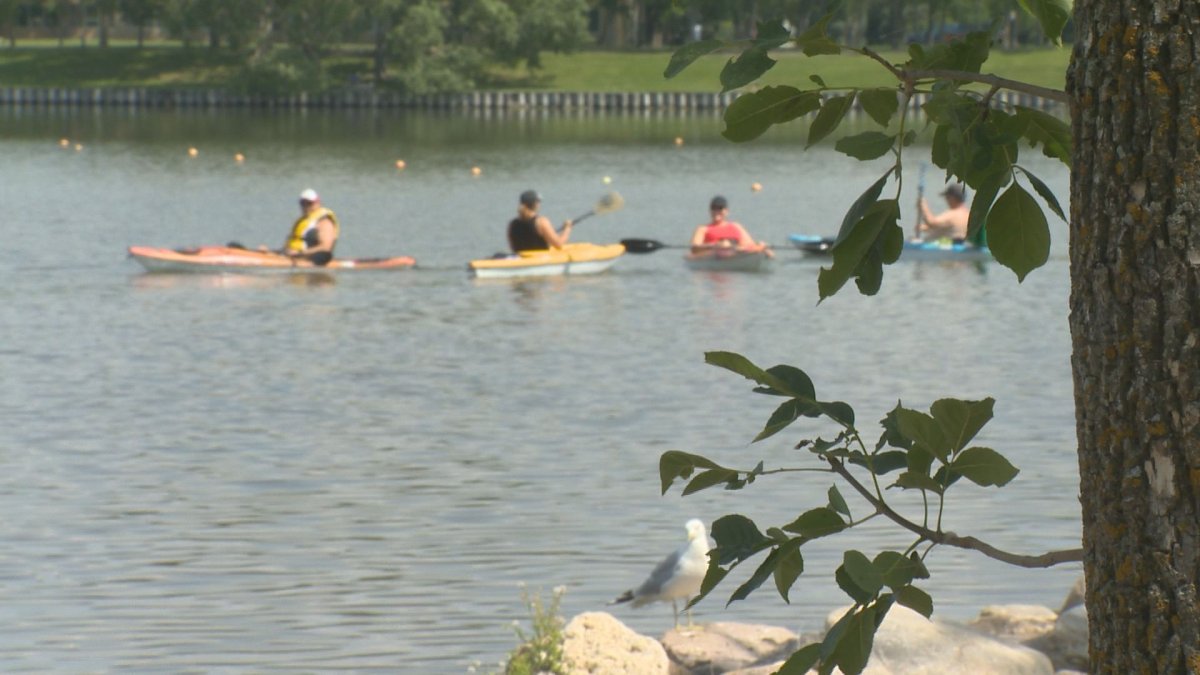Commercial development in Wascana Park has become a raw nerve for many in Regina.

For those opposed, there has been a small victory.
City council voted unanimously to take steps to fight future projects.
In the coming days, Mayor Michael Fougere will write to the Provincial Capital Commission, which governs the park, stating the city opposes development that doesn’t serve the interests of park users. He will also urge the commission to commence public consultation addressing the future governance of Wascana.
Despite some concerns from Councillor Jerry Flegel about the motion, Fougere called the decision symbolic.
“This is the weight of city council, the capital city, reflecting what the residents have said to us today,” Fougere said. “We don’t make the decisions because of the dynamics of the board; three votes for the province, one for the city, one for the university. We have influence, we just don’t have the weight of decision.”
Roughly 50 people attended the meeting, and a dozen people spoke out in favour of the motion. Presentations mainly focused on the controversial Conexus and Brandt construction projects.
“It was very important for us to let council know how we felt the process that happened wasn’t transparent,” Regina resident Lorraine Weidner said.
The decision does not affect the Conexus or Brandt projects that are already underway.
University of Regina President Vianne Timmons spoke out against the motion, citing concerns about the university’s future autonomy.
“It can affect future development on the main campus,” Timmons said. “Our students are always looking for food services. We have Subway on campus, Tim Hortons on campus. I don’t want someone coming in saying we can’t have those amenities for our students.”
While admitting it’s difficult to fully define commercial development that doesn’t serve park users, Fougere said he does not expect the motion to affect the university’s future growth.
What remains in question is how effective the motion will be. But those protesting commercial developments say there’s only one answer they’ll accept.
“It will go somewhere,” Weidner said. “We will protest the provincial government if it doesn’t.”




Comments